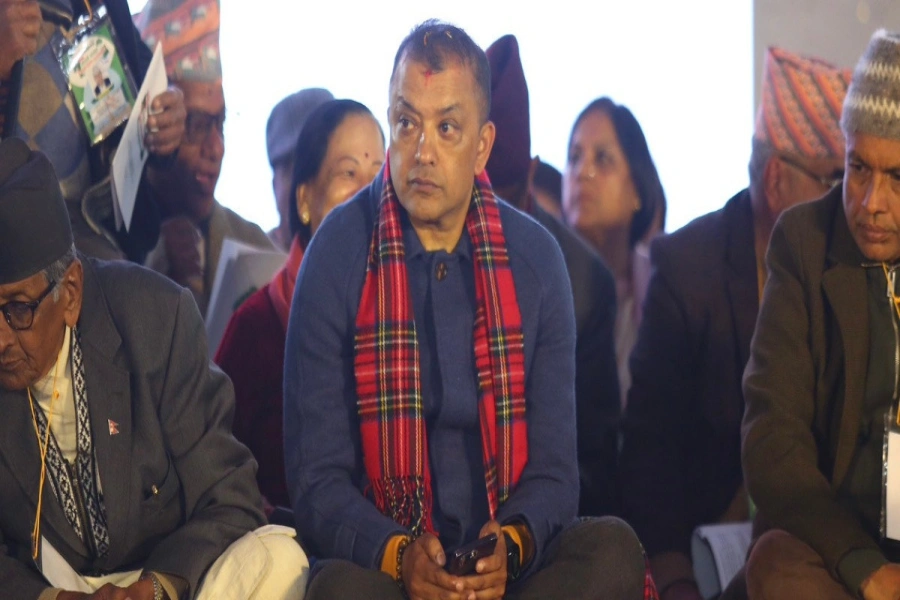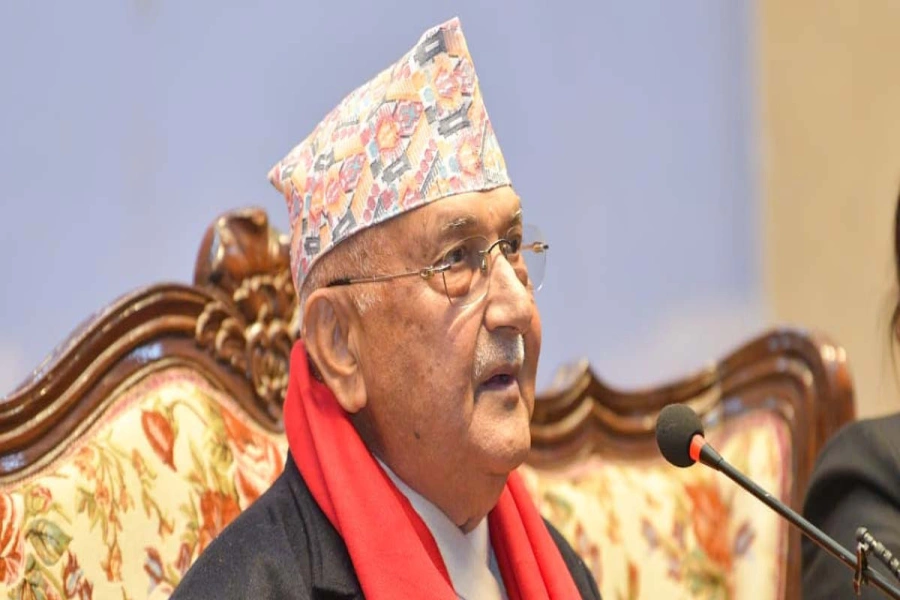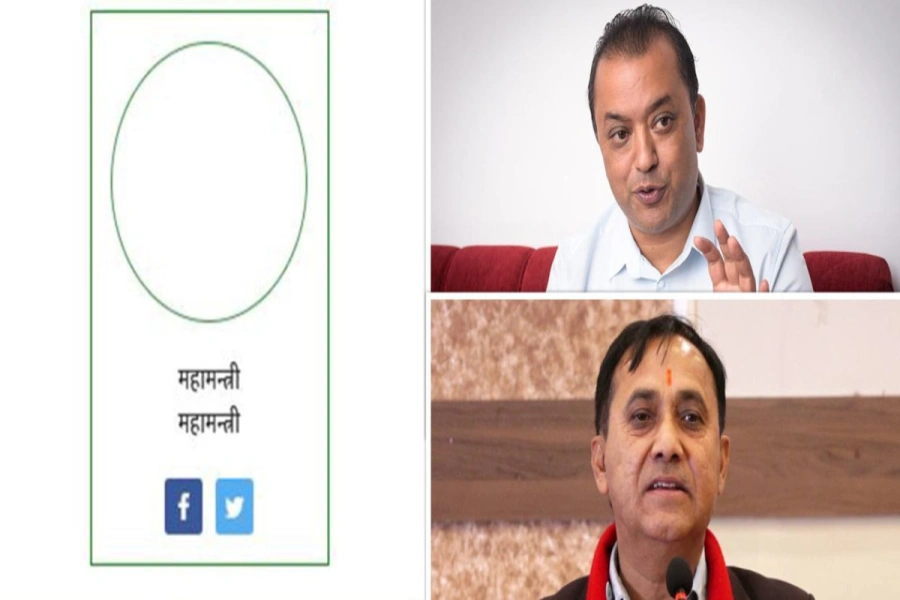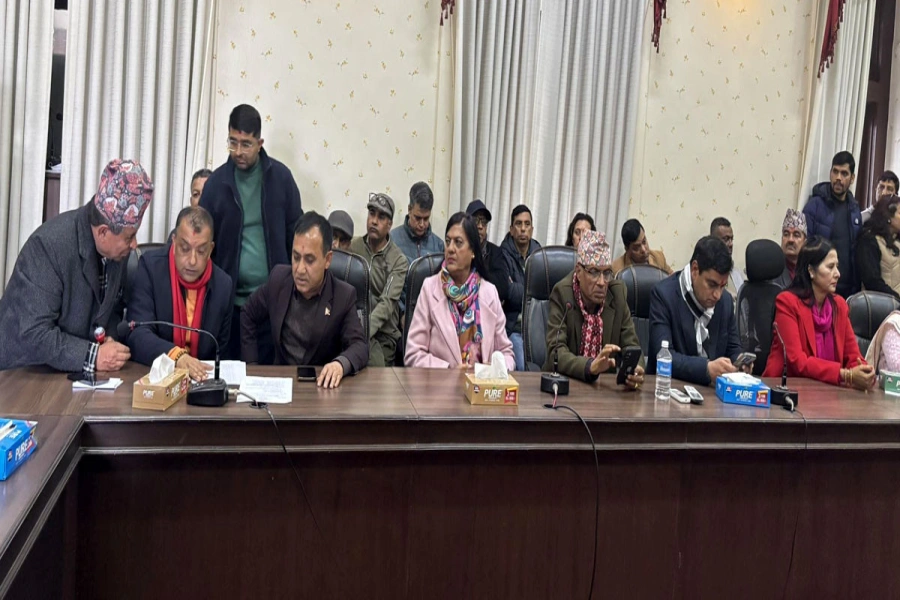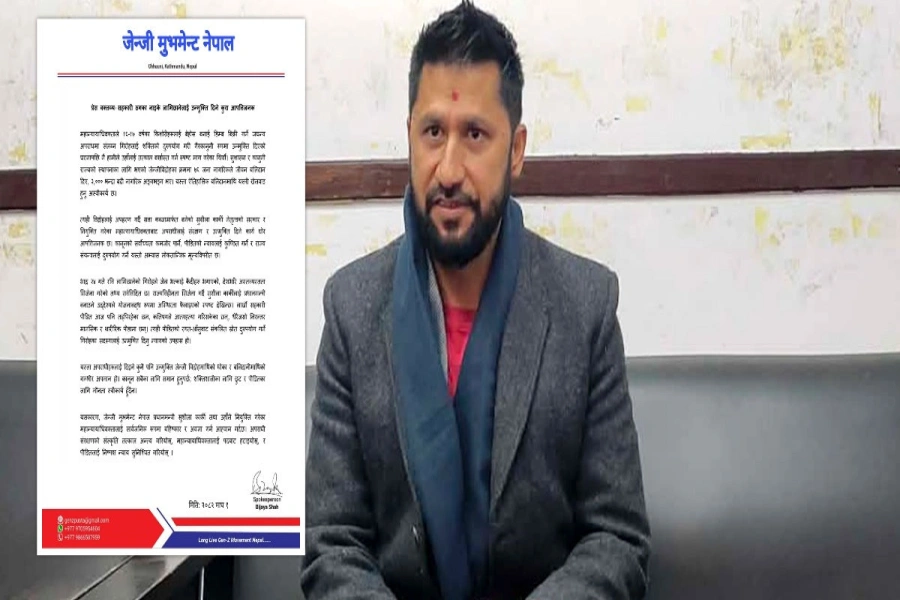Killings of individuals, who had criminal backgrounds, show a worrying trend that Nepal Police is bent on dispensing ‘justice’ by bypassing the judicial mechanisms
Nepali online portals on February 21 were rife with news of killing of Manoj Pun along with his aide Som Bahadur Ale in an alleged police encounter in the wee hours that day in Rupandehi district. Looking at the developments prior to this incident, it does not take much to decipher that the killings of Pun and Ale took place in suspicious circumstances. News was already making rounds that a team of Central Investigation Bureau (CIB) of Nepal Police had managed to nab the duo from India and that they were being brought to Nepal couple of days before the killings took place. Transfer of Deputy Superintendent of Police (DSP) Kumud Dhungel, who had earlier led a police team when Dinesh Adhikari ‘Chari’ was shot dead, to Rupandehi, lack of witness, the timing of the incident and circumstantial evidences—all raise suspicions on Nepal Police version of the incident being an encounter.
The killings of Pun and Ale should not be seen in isolation. It follows a series of similar killings in recent years that Nepal Police claims as encounters in the name of dohoro bhidanta, muthbhed, or jawafi karbahi: meaning crossfire. The deaths of Kumar Shrestha ‘Ghaite’ in August 2016 and Dinesh Adhikari ‘Chari’ in August 2014 took place in similar circumstances. These killings of individuals, who had criminal backgrounds, show a worrying trend that Nepal Police is bent on dispensing ‘justice’ by bypassing the judicial mechanisms. The killings of these individuals, at first sight, may seem like an effort to curb crimes but these include serious allegations of human rights violations. Reputation of Nepal Police is marred by such allegations, including that of extrajudicial killings.
Extrajudicial Killings
Doubling compensation, punishment for untouchability proposed

Extrajudicial killing is broadly defined as any killing that violates international human rights and humanitarian law, including “unlawful killings by the police”. Article 6 of the International Covenant on Civil and Political Rights (ICCPR) guarantees right to life of every individual and ensures that no person is arbitrarily deprived of his or her life. As a party to the ICCPR, Nepal has protected this right through Article 16 (Right to live with dignity) of the Constitution of Nepal (2015). Extrajudicial killings are a violation of the right to life. Similarly, international human rights law allows use of lethal force by security forces only in circumstances when it is required to protect life, and there is no other means of preventing that threat to life. The UN Basic Principles on the Use of Force and Firearms by Law Enforcement Officials requires that whenever the lawful use of force and firearms is unavoidable, law enforcement officials shall exercise restraint in such use and act in proportion to the seriousness of the offense, minimize injury, and respect human life (Principle 5).
The circumstances in which these individuals were killed involve credible allegations of the unlawful use of lethal force. If one is to go by the police version, they fired in retaliation after the duo shot at them. Pun sustained 12 bullets while Ale sustained 10 bullets. Likewise, Chari had sustained eight bullets and Ghaite two. All of them were shot in chest. This suggests that the police shot to kill instead of trying to minimize injury. Under human rights law, states are required to take actions to prevent extrajudicial killings, and to prosecute those involved in such incidents. Failure to take steps in such cases also constitutes a human rights violation.
These incidents should be viewed in conjunction with the allegations of 57 extrajudicial killings that the Office of the High Commissioner for Human Rights in Nepal (OHCHR-Nepal) investigated between January 2008 and June 2010, and 12 cases of alleged extrajudicial killings that Tarai Human Rights Defenders Alliance (THRD) investigated between January 2011 and August 2013. The Armed Police Force and Nepal Army were also accused in the allegations investigated by OHCHR and THRD. The pattern of killing is similar: police conduct an operation after finding out the location of the criminal suspect in which the suspect gets shot, or the suspect seems to have been killed after being taken into custody. Killing after apprehending a suspect was a common practice for the security forces in Nepal during the decade-long armed conflict.
No Due Process
The circumstantial evidence suggests that these criminal suspects were killed after being apprehended. As a law-enforcing agency of the State, the police is authorized to arrest suspects, investigate crimes and forward the cases to the public prosecutor who initiates further legal proceedings. Then it is the court that decides whether a suspect is a criminal or not based on the evidence. However, following such encounter killings, the police portray the suspects as criminals for the case under investigation despite it not being taken to court. Media then accepts the police version and further sensationalizes the killings without verifying whether the police followed the standard protocol or not.
Article 14 (2) of ICCPR guarantees that everyone charged with a criminal offense shall have the right to be presumed innocent until proven guilty according to law. Rights relating to Justice in Article 20 (5) of Constitution of Nepal reiterate this provision. It is strategic on the part of police to project the suspects as criminals while the crime is still under investigation. This garners popular support by projecting that the police is ready to take the harshest measures to curb crimes. But such measures come at the cost of serious human rights violations. Reminding States of their obligation to protect life of everyone, including that of criminal suspects, Agnes Callamard, the UN Special Rapporteur on Extrajudicial, Summary or Arbitrary Executions has said, “The State has a legally binding obligation to ensure the right to life and security of every person in the country, whether suspected of criminal offences or not.”
Culture of Impunity
OHCHR in its Nepal Conflict Report 2011 identified more than 9000 cases of serious violations of human rights and humanitarian laws committed during Nepal’s armed conflict. No one indicted in those incidents has been prosecuted yet. The transitional justice mechanisms formed to investigate these incidents have only managed to gather complaints despite the extension of their tenures twice. Some security officials accused of human rights violations during the armed conflict have even been promoted. Likewise, the recommendations made by OHCHR-Nepal in Summary of Concerns (July 2010) regarding allegations of extrajudicial killings in Tarai region to investigate all such incidents have not been implemented despite government’s commitment in Universal Periodic Review (UPR) process in 2010. All these have contributed to the police acting with impunity even for such serious allegations.
OHCHR-Nepal’s 2010 report has identified various factors, including political interference, refusal to file First Information Reports (FIR), independence and impartiality of police investigations contributing to the failure to properly investigate allegations of unlawful killings. Implementing OHCHR’s recommendations and conducting independent and impartial investigations into all these allegations of unlawful killings, and making them public will send a message that the government is committed to fulfilling its human rights obligations. Prosecuting the security officials implicated in such unlawful killings will help to address the culture of impunity. Moreover, the police should immediately conduct investigations as per the order issued by the court in 2014 in two cases of allegations of extrajudicial killings in Tarai.
Nepal is all set to on path of prosperity after holding local, provincial and parliamentary elections and forming of the new government. Prosperity is also measured in terms of a country’s human rights record. Of late there has been a kind of assurance of a stable government for at least five years. This should be taken as an opportunity to strengthen rule of law by conducting credible investigations into these allegations of human rights violations and providing effective remedy and reparations to the victims.
The author is a student of Master’s Degree in Human Rights and Democratization at Mahidol University, Thailand







